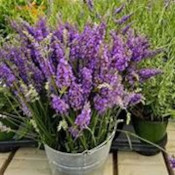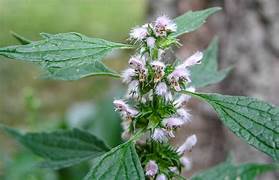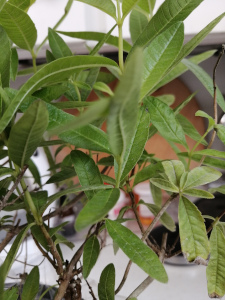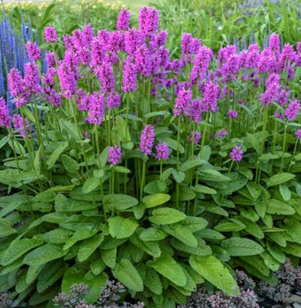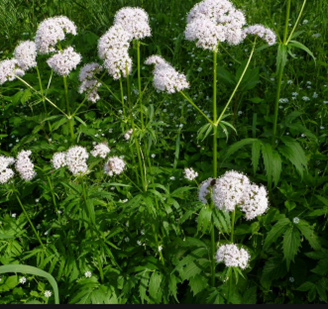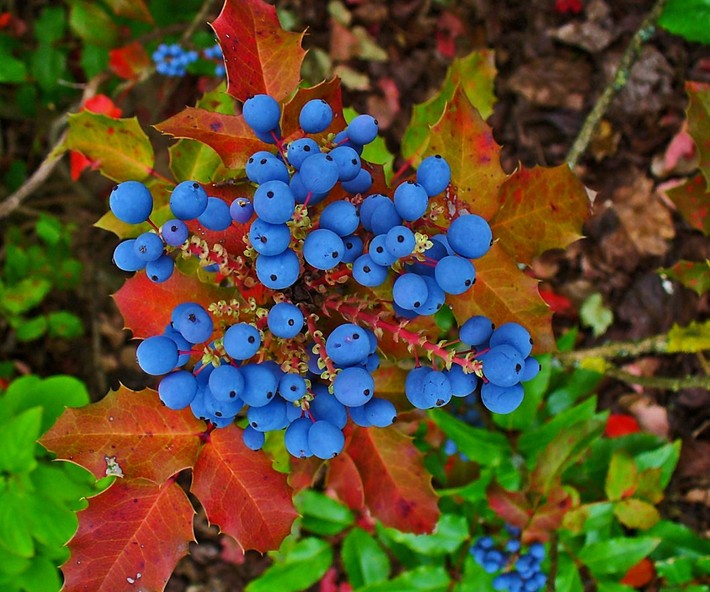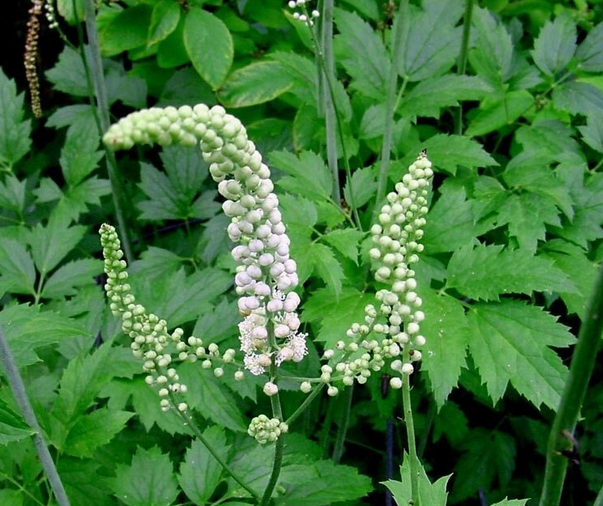WELCOME
Welcome to Gaea’s Heart.
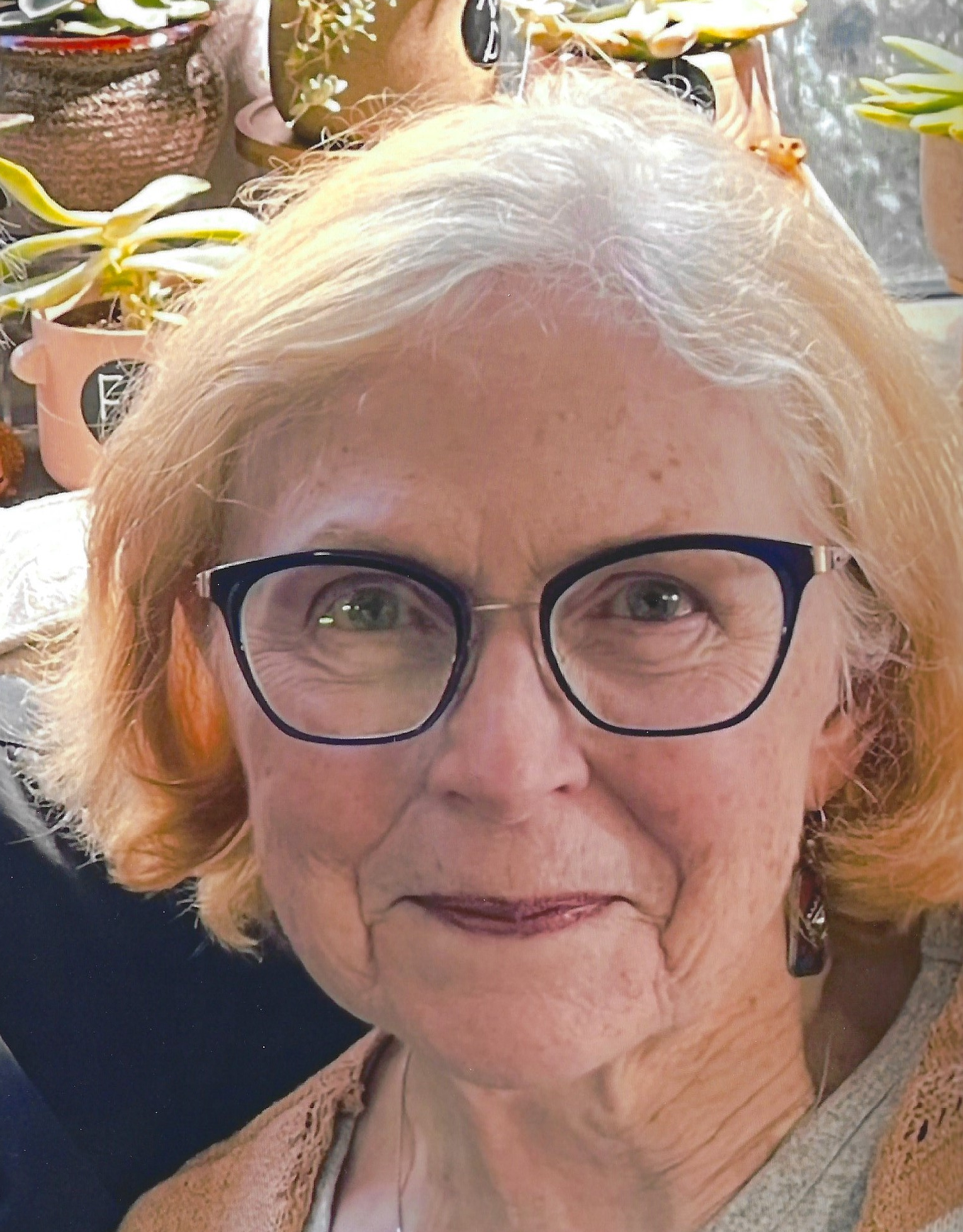
My name is Welwyn Wilton Katz, and I am the main herbalist at Gaea’s Heart based in London, Ontario. People call me Welwyn. You say it “Wellen”.
You can find more about me through an internet search.
On this page, though, I thought you might want to know a bit about herbs and reasons why people use them.
You have likely used herbs and spices in the kitchen.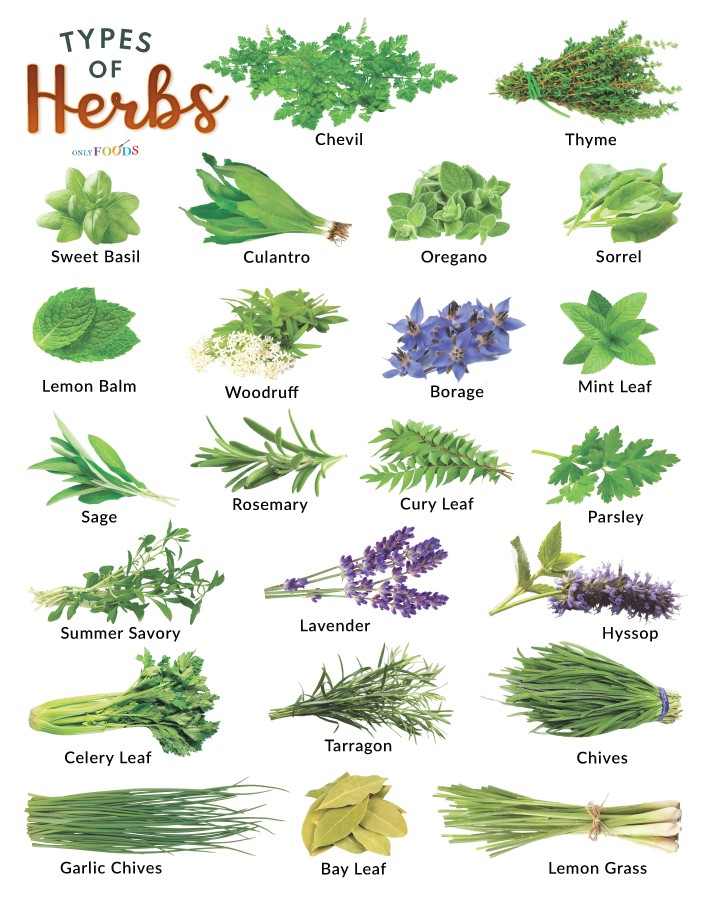
Cooks enjoy working with these plants because they add such wonderful flavours, though they also add a great deal of nutrition.




Sometimes, though, people have accidents or get sick, and those results have nothing to do with their nutrition or lifestyle. Herbalists have studied hard (see the link for An Herbalist's Education, above)to learn how herbs can be used to help with these situations.
Why might someone like you
visit an herbalist?
1. You might feel vaguely unwell, and you’ve felt that way for quite a while, but you don’t know whether you need a doctor.

An herbalist can advise you on this and will always refer you to a doctor if your symptoms indicate it. But there are many problems that can be relieved with herbs until you can get to a doctor - or find that you do not need to.
2. You might go to an herbalist because you have been living with a serious ailment for quite a long while, and the symptoms are really getting you down. Your doctors have said that you are taking the best medications available at the safest high dose. You don’t want to stop taking the drugs or offend anyone. Until there’s a cure, though, you’re feeling a bit desperate.

Herbs can really help with ailments like these. In fact, chronic diseases (diseases for which there is currently no cure), are often helped more by herbs than by prescription medication. Sadly, there are many such diseases. They include:
- Migraine headaches
- Degenerative Diseases such as Muscular Dystrophy, Alzheimer’s, Lou Gehrig’s Disease, or dozens of others with genetic links
- Complex diseases like Cancer or Fibromyalgia whose causes are too many to count
- Autoimmune Diseases such as Lupus, Rheumatoid Arthritis, Psoriasis, and many more, where the body attacks its own tissues
- Diseases like Gout or CPPD where the body deposits debilitating crystals into joints, causing pain and inflexibility
- Intermittent diseases such as Shingles or Malaria, where the original cause can lie dormant for long years, only to attack again ferociously just when you’ve started to think you might actually be cured
- Metabolic diseases such as Type 2 Diabetes where the pancreas produces lots of insulin, but the cells will not allow the insulin to do its job
- Endless fatigue that they say is from some kind of infection that’s gone now
- Diseases that have become more intense and are now affecting new systems of your body even though you’ve done all the right things. An example is Lyme Disease, which one of my clients described like this:
It’s never finished with you.
There are no pharmaceutical silver bullets for these kinds of diseases. No cures in sight, and no drug that reduces the symptoms enough for most people. This is not just the view of herbalists. If you ask most doctors privately, they will agree. Why is this the case, when modern pharmaceuticals work wonders in emergency situations and acute medical illnesses?
The short answer is that pharmaceuticals are single compounds that are not part of nature. Humans have made them; life hasn’t. When a disease has a clear cause and fairly simple effects, a single invented molecule administered to the body in the zillions can effectively stop the cause or mitigate the effects. But when a disease is so complex that it has more than one cause and works by using the actual mechanisms of the body, no single non-biological compound can make much difference to its progress.
Herbs are not artificial. They are not one compound. In fact, just one leaf of an herb contains hundreds or thousands of compounds that are all capable of participating in living reactions. These compounds are so similar to those found in the human body that they can replace ones that cause the next steps of a complex disease (but they also are different enough to stop that next step). That reduces the number of cells where the disease can continue. This will reduce symptoms. It's common to use herbs (safely) combined with prescription medication for this kind of ailment, especially when the prescriptions are no longer as effective as they were.
Herbalists do careful research to see if there will be any serious interactions with the drugs you have to keep on taking. If there are interactions, the herbalist will look for different herbs. There are a few toxic plants, but herbalists know about them and don’t need to use them, because there are many alternatives. There are almost no side-effects with herbs, unlike pharmaceuticals. This is because they are not as foreign to life as the drugs. And because herbs contain so many different kinds of compounds, more than one problem will often be helped by any one herb. The herbalist might give you Rosemary to help with the memory loss of dementia, but at the same time your hair will start to grow more thickly, your bad breath will go away, and if you are exposed to a respiratory virus, you will have more tools to fight it.
You can read more about the way herbs act, how they can make prescription medication work better, and the other ways herbalists use them, HERE.
3. You might have symptoms that you can’t describe easily.

Laughter has been called the best medicine, but perhaps this issue isn’t exactly a laughing matter for you. Maybe you worry that you won’t be able to express your symptoms clearly in a fifteen- or twenty-minute doctor’s appointment.

An herbalist will spend a lot of time (often several hours) listening to you and asking you questions. Eventually your symptoms will become clear enough that she can summarize the situation for you, and so help you to express them to a doctor, if that’s what is needed.
4. You might be approaching an herbalist because you don’t have your own physician and you need help.
An herbalist will always encourage you to do everything possible to get your own doctor, but after years of training and a long interview with you, it would be wrong to deny you the plant therapy that the herbalist thinks will help you.
5. You might want to learn about alternative medicine, which comprises many kinds of wellness treatments, and not just herbs.
But herbs are the original of all the "alternative medicines". In fact, herbs were the only thing that helped sick people for thousands of years. From the time of the ancient Greeks, the Romans, up through the European schools and North American systems of medicine, qualified physicians used onlyherbs to help their patients. It's only in the last century that doctors became so enchanted by the remarkable benefits of pharmaceuticals in acute care medicine that they stopped using herbs for all diseases (though in Asia, the use of herbs by physicians has never gone away.)

6. You might just be curious about herbalism,the way a cat is about noises in the baseboard.

7. You might have come to see an herbalist at least partly because you are worried about someone else’s health and need to know whether you are right to be concerned.
This problem often arises in the original interview between the client and the herbalist. It is important enough that it might be contributing to the client's own health situation, and so the herbalist wants to know about it. As a caring and experienced health professional, there may be ways in which she can advise you about how you might be able to help the other person. Of course, she cannot make tinctures or teas for someone else without meeting them, except in very rare situations.
8. You might have begun experiencing a bunch of little health problems, a few new skin breakouts, you're not sleeping very well, sometimes you feel bloated, that kind of thing. None by themselves might rate a doctor's appointment, but all together? You're not sure. Are you sicker than you think?

Most herbalists believe there aren't symptoms without something in the body needing attention. This doesn’t mean you have some kind of terrible disease. But mild symptoms are often a warning of real trouble to come, and herbalists would much rather prevent that trouble before it happens. This is because it is so much simpler to identify the area of the body likely causing the symptoms, especially since each new symptom can cause other symptoms in different areas. Pattern identification of symptoms is easier, too; and the best choices of herbs to help you as well.
9. You are on a doctor’s medication, and it seems to help but you have read about its side effects and are worried, and so you’ve come to talk it over with an herbalist.

Joking aside, side effects of medication can be very serious, and an herbalist will use her training and experience to help you determine if your prescription(s) might be causing those kinds of problems for you.
10.You are wondering if all the prescription drugs you are taking are safe to take together.

This is another common question brought to herbalists. I had a sweet, elderly client once who came to me because she couldn’t sleep and was losing weight like crazy. She was taking 9 different prescription meds, one of which was for a hypothyroid condition she’d had for twenty years. I asked for a list of all her medications and their doses. It turned out that one of her later medications was interacting with her thyroid medication and pushing her over the edge into a hyperthyroid condition. That explained the symptoms she brought to me, and when we discussed it with the doctor, he was very cooperative about changing medications. She is perfectly well now.
11. You aren’t sick, but something isn't right with you these days. Maybe you get angry for no reason. Maybe you used to be able to sit through a whole movie and enjoy it but now you have to leave it to pee. Maybe you are finding yourself gambling and not being able to afford it. Possibly you are losing your hair and you're not even 30. Or, potentially you are so bored at work that you are thinking of quitting and you are 100% aware that's a bad move. Maybe these days you don't want to get together with your friends, when in earlier times you used to be a real social animal. Or, sometimes you buy a dozen doughnuts and eat them all in secret. Maybe you used to be able to sleep till noon, but now you always seem to wake up at 3:00 AM, and you can't get back to sleep. Or, your legs hurt when you lie down, or you seem to catch every kind of germ that's going around, or you've started fantasizing about sex - or hating sex - or thinking about sex all the time. Whatever's going on, for sure, you're not the same as you used to be, and you feel it in your bones that it's just not right.
Instincts are a survival mechanism. It's common to change over time, but if something is fairly new in your life and makes you uneasy, it's wise to check it out. Every one of the changes I mentioned could have an origin inside your body. Better to find out early on, while prevention is still easier than treatment.
And so we leave the reasons to see an herbalist in the same place we came in:

because something is bothering you and you need help.

